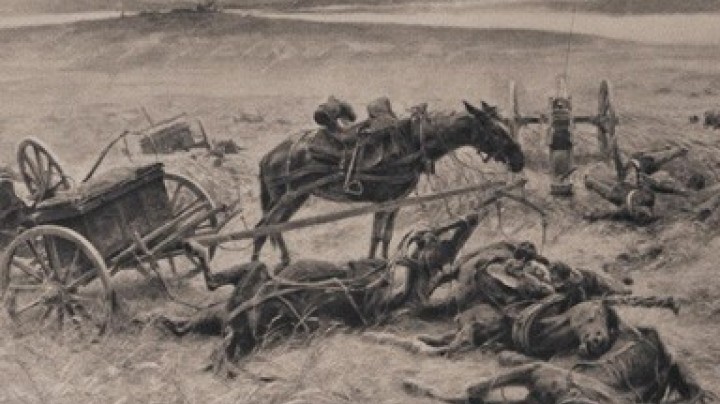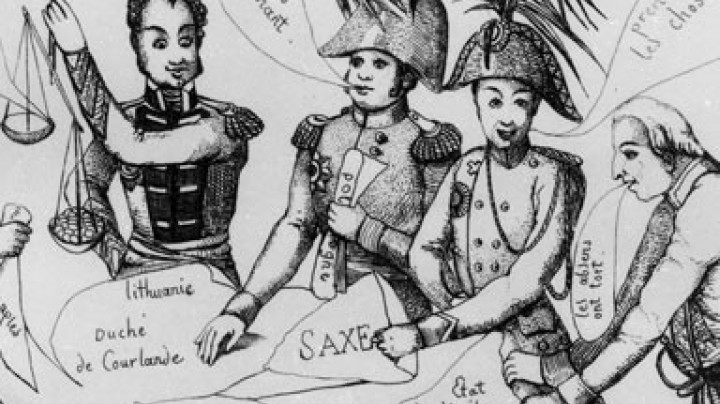When an emperor prepared his inventory … … then the population was counted
As for who and what was counted, surveyed and evaluated, this depended on the respective ruler’s interests.
Under Franz II (I), a special ‘Statistical Office’ was set up, later known as the “Imperial-Royal Central Statistical Commission”. In the nineteenth century, statistical recording underwent a veritable boom; professions and machines, suicides and illnesses, buildings and illegitimate children, dismissals, associations and the ‘insane’ were all counted. There was initially a military reason behind population censuses, for it was primarily all men liable for military service who were counted, with the aim of ascertaining the number of potential soldiers. During the course of the nineteenth century, the recording of military-service recruits became a less important reason for conducting a population census, and the statistics increasingly became a significant administrative element of governance. For one thing, governments and administrations were now interested in observing population changes, i.e. how many people were born and died in which regions, as well as regional migration statistics. In gathering this data, the state authorities made use of existing institutions, since parish priests were already under a duty to submit parish records – registers of births, marriages and deaths in their parishes. The other aspect was social classification of the population.
For this purpose, increasing amounts of information were gathered about the Habsburgs’ subjects, such as age, gender, nationality, language of communication, literacy and physical disability. However, the main focus was on the ever-more-detailed occupational statistics, because occupation was considered a measure of social status. There was some resistance to statistical recording, in particular from industrialists and commercial entrepreneurs, who sometimes gave incorrect information regarding their production facilities or the number of machines and workers they had, fearing they would be penalized by the tax authorities.














